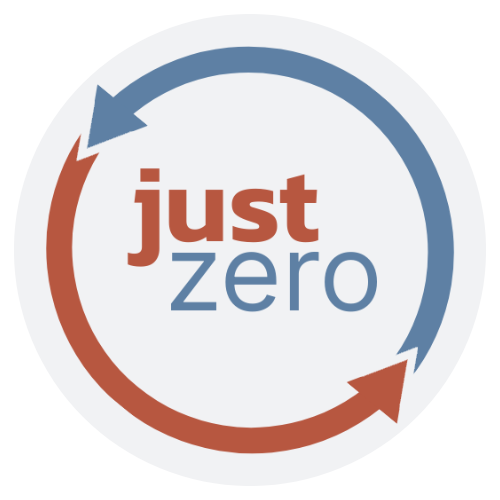Proposed artificial credit scheme could allow companies to claim fictionally high recycled content levels.
WASHINGTON, D.C. – The Environmental Protection Agency (EPA) is considering a regulatory change as part of its Safer Choice Standard that will make it easier for companies to lie about the recycled content in their plastic products and packaging. If the proposed changes are made, they would derail policies that states across the country have enacted over the past several years to address the tremendous environmental and human health impacts associated with plastic production, use, waste, and pollution.
The Safer Choice Standard is a labeling program designed to help consumers identify and select products that are safe and beneficial for human health and the environment without sacrificing quality of performance. As part of the proposed changes to the Standard, the Agency is endorsing a new method for calculating recycled content in products and packaging. This new approach – called the mass balance allocation approach – is an artificial credit scheme that allows companies to claim fictionally high recycled content levels in products through the sale of credits. The claims are neither technologically nor economically achievable in actual plastic processing and are not independently verified. Instead, they are designed to prop up so-called "advanced recycling" technologies.
“We need real solutions to address plastic pollution; not more greenwashing” said Peter Blair, Policy and Advocacy Director at Just Zero. “If the EPA approves this approach, they’ll be giving the plastic industry exactly what they want – a new way to lie to consumers while they continue to churn out toxic and unrecyclable single-use plastic.”
Under the mass balance allocation approach, companies can claim they’re using pyrolysis oil generated from so-called “advanced recycling” processes to displace fossil fuels when manufacturing plastics. However, this oil is extremely toxic and can’t be used as a direct replacement. As a result, only a small amount of pyrolysis oil can be fed through plastic production facilities. Despite these shortcomings, the mass balance approach allows companies to claim impossibly high recycled content levels.
“It would be entirely deceptive to brand a bag of coffee as ‘100% decaffeinated’ when only 1% of the of the beans in the bag have been decaffeinated”, said Blair. “The same logic applies to plastic packaging. It is deceptive and misleading to allow companies to claim their plastic packaging is made from ‘100% circular’ or ‘100% recycled plastic’ when the physical content of the packaging is only composed of 1% recycled plastics. Yet, this is exactly what companies will do if the EPA approves this change.”
In response, The Last Beach Clean Up, Beyond Plastics, and Just Zero have developed a comprehensive comment letter exposing the flaws of the mass balance allocation approach and demanding the Agency remove the adoption of it from the Safer Choice Standard.
For more information, reach out to Just Zero team members for further comment.
###

